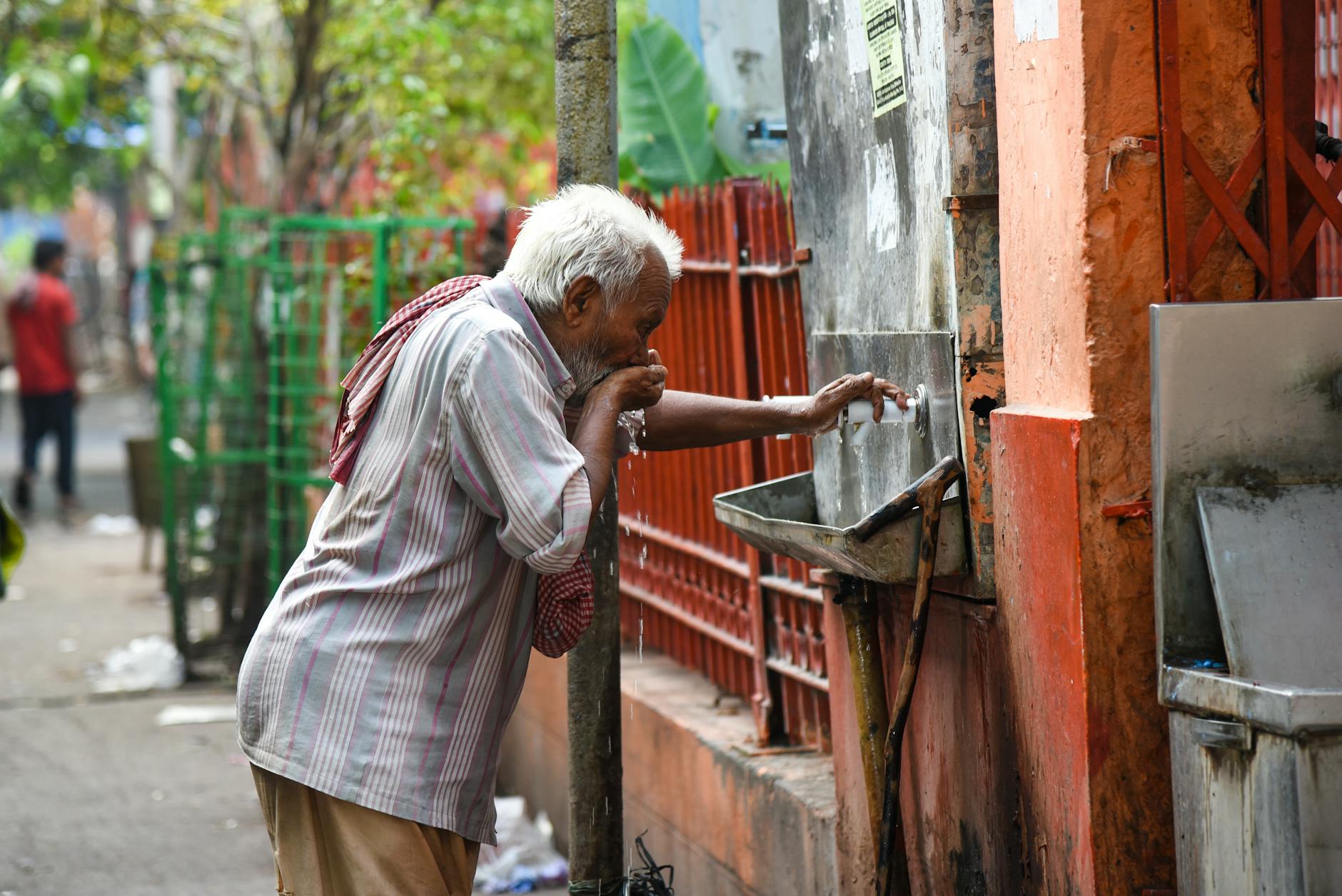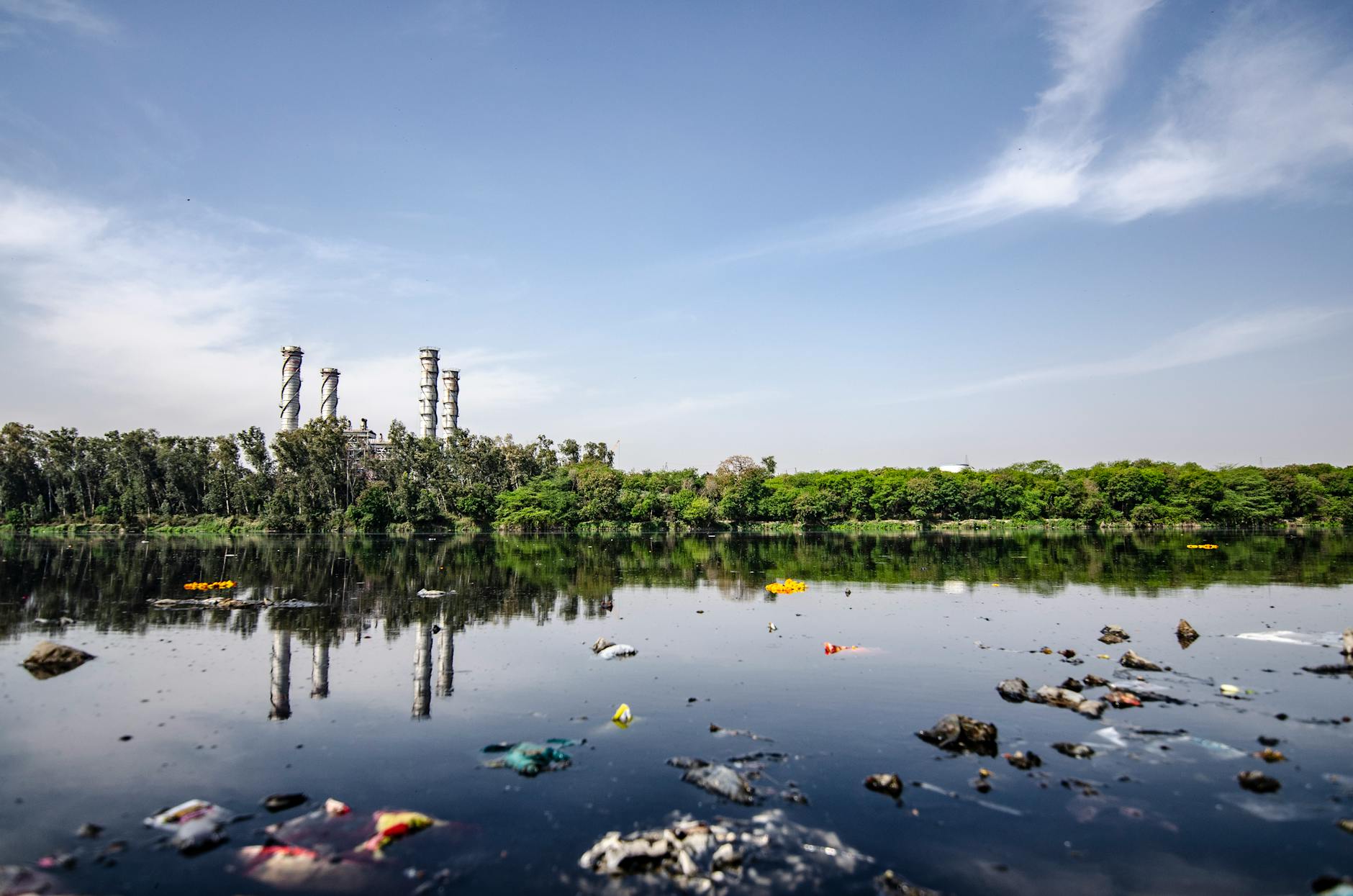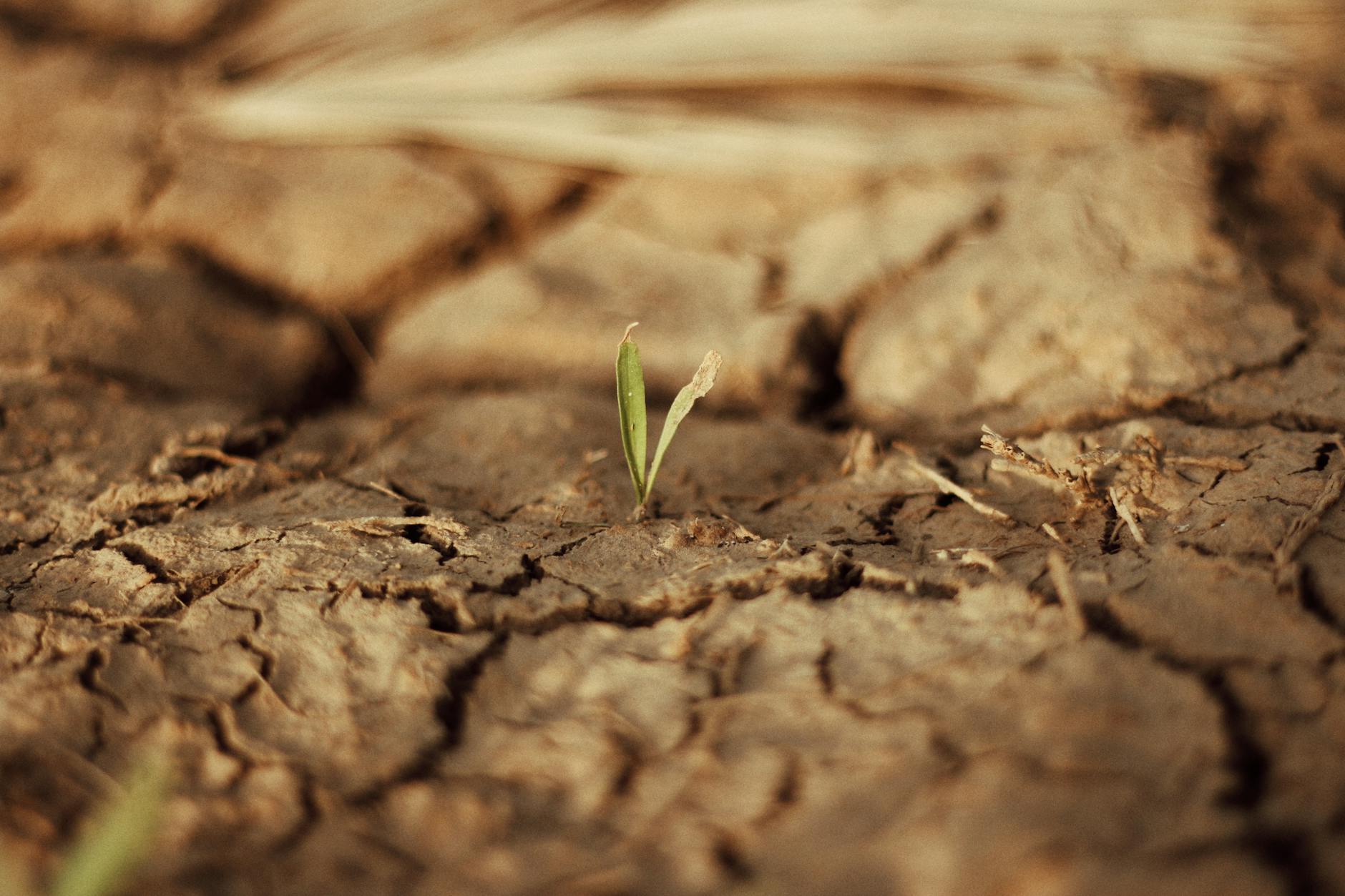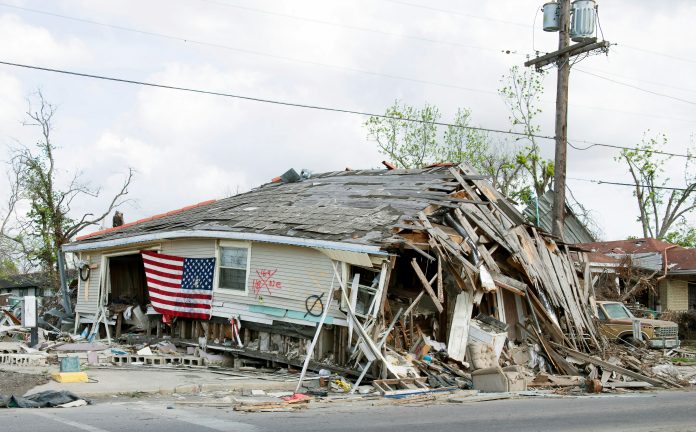Dehydration is often underestimated and viewed as a temporary inconvenience rather than a pressing health issue. Yet, when left unaddressed, dehydration can escalate into severe conditions, including life-threatening complications like sepsis. Beyond its impact on personal health, dehydration also has significant environmental and sustainability implications, particularly in a world grappling with climate change and water scarcity.
In this article, we’ll explore the hidden health risks of dehydration, its environmental triggers, and sustainable solutions to protect both your health and the planet.
Understanding Dehydration and Its Health Risks

Dehydration occurs when the body loses more water than it takes in, preventing it from functioning properly. While mild dehydration can cause symptoms like fatigue, severe dehydration can lead to critical complications. Among these, the risk of developing conditions like dehydration and sepsis is particularly alarming.
Sepsis is a systemic, potentially fatal response to infection that can occur when dehydration compromises the body’s ability to fight infections. When the body lacks sufficient water, blood flow decreases, impairing the delivery of oxygen and nutrients to vital organs. This weakened state not only heightens susceptibility to infections but also hampers the body’s ability to recover, creating a dangerous cycle that can result in sepsis.
Symptoms of dehydration—such as dark urine, dizziness, or confusion—should be taken seriously, especially in vulnerable populations like children, the elderly, and those with chronic health conditions. In settings like nursing homes, dehydration can often go unnoticed or untreated, exacerbating health risks and leading to severe outcomes.
Recognizing the connection between dehydration and serious conditions like sepsis underscores the importance of proper hydration—not just for personal well-being, but as a proactive measure against severe health risks.
Environmental Factors Contributing to Dehydration

Dehydration doesn’t occur in isolation; environmental factors significantly influence its prevalence. One major driver is climate change, which has led to increased global temperatures, longer heatwaves, and shifting weather patterns. These conditions place added stress on the body and amplify the risk of dehydration, especially for those working or living in extreme climates.
Water scarcity is another critical issue. According to the United Nations, nearly two billion people worldwide lack access to safe drinking water. In drought-prone regions, the ability to stay hydrated is directly tied to water availability. Even in urban areas, aging infrastructure and pollution can contaminate drinking water supplies, further limiting access to safe hydration options.
Pollution compounds the problem, with microplastics, industrial waste, and agricultural runoff degrading water quality. As more water sources become unsuitable for consumption, the burden of staying hydrated grows heavier for vulnerable communities.
These environmental challenges illustrate the complex interplay between hydration, health, and sustainability. Mitigating these risks requires addressing the root causes of water scarcity and pollution while adopting personal habits that prioritize sustainable hydration practices.
The Role of Sustainability in Combating Dehydration

Sustainable hydration practices are critical for protecting both personal health and the planet’s water resources. By choosing eco-conscious solutions, individuals can reduce their environmental footprint while ensuring they stay hydrated.
One simple step is to replace single-use plastic bottles with reusable alternatives, such as stainless steel or BPA-free bottles. Not only do these options reduce environmental waste, but they also encourage regular hydration by making water more accessible. According to Greener Ideal, adopting reusable products is a small but impactful way to combat pollution and promote sustainability.
Water conservation is equally important, especially in regions facing scarcity. Fixing leaks, using water-efficient appliances, and harvesting rainwater are all effective ways to preserve water for drinking and other essential uses. Additionally, personal filtration systems can provide access to clean water without relying on bottled water, which is often costly and environmentally damaging.
On a broader scale, supporting climate action policies and renewable energy initiatives can help mitigate the environmental factors that exacerbate dehydration risks. Whether by reducing greenhouse gas emissions or participating in local conservation programs, collective efforts can make a lasting difference.
Sustainable hydration isn’t just about staying healthy; it’s about embracing habits that align with a more sustainable future.
Conclusion: A Call to Action
Dehydration is more than a personal health issue—it’s a global challenge shaped by environmental and societal factors. The risks it poses, including life-threatening complications like dehydration and sepsis, underscore the importance of maintaining proper hydration.
By adopting sustainable practices like using reusable water bottles, conserving water, and supporting policies that address climate change, we can tackle the dual challenges of dehydration and environmental degradation. These steps not only safeguard personal health but also ensure that clean water remains accessible for generations to come.
Through mindful choices and collective action, we can address the hidden health risks of dehydration while contributing to a healthier planet. Let’s work together to stay hydrated and sustainable.











